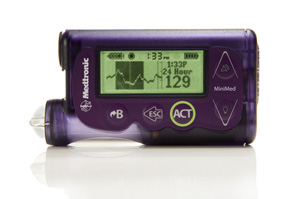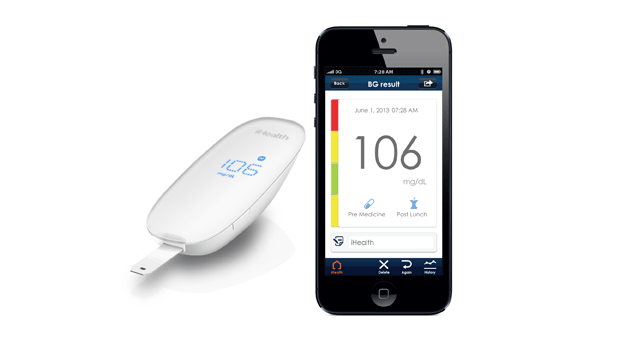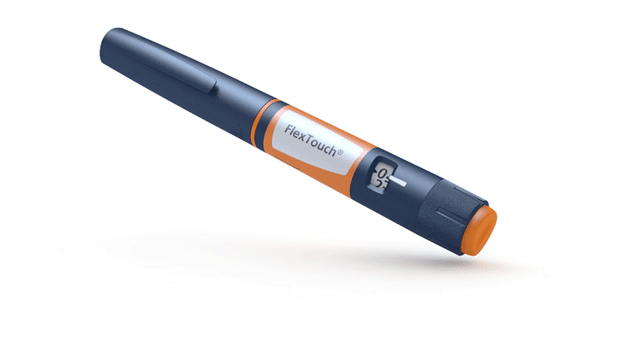Early, Underweight Babies May Face Greater T1D Risk

A statistical survey of live births in Sweden between 1973 and 2009 reveals that early gestational age and lower-than-average birth weight may be linked to the development of Type 1 diabetes. In other words, researchers say they have established a strong link between premature births, lower-than-average birth weight, and elevated risk of developing Type 1.
The study recently published in Diabetes Care looked at 3.6 million single births recorded over 36 years. Lead author Dr. Ali Khashan of University College of Cork (Ireland) explained that earlier smaller population studies searching for a similar link yielded inconsistent or contradictory results. The broader census of essentially all live births in Sweden helped provide data to track patterns of the approximately 11,400 children who received a Type 1 diagnosis during the 36-year period. Researchers then matched the health records of those who developed Type 1 to those of their nearly 18,000 siblings to control for prevalence of diabetes in families. This helped researchers flag gestational age and weight as factors that could possibly indicate a risk of Type 1 development.
Some of the findings were surprising. For example, babies born early, but not too early, were shown to be at greater risk of developing Type 1 than those born very early and/or very light in birthweight. Dr. Khashan speculated in an interview with Medscape Medical News that the tendency toward diabetes risk in early-term babies may result from organ growth restriction while in the womb, or changes in the fetal gut microbiota, which may influence insulin resistance closer to the baby’s time to be born.
Thanks for reading this Insulin Nation article. Want more Type 1 news? Subscribe here.
Have Type 2 diabetes or know someone who does? Try Type 2 Nation, our sister publication.







